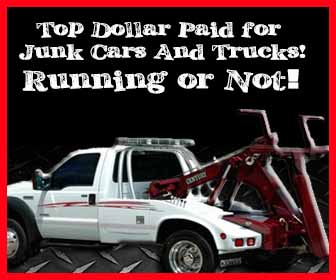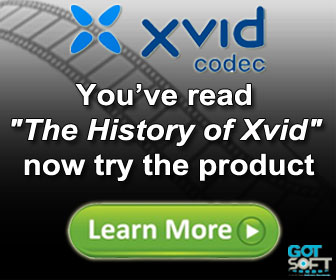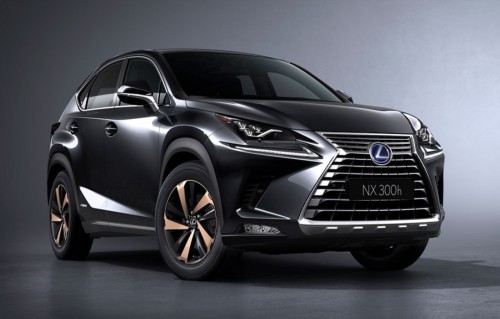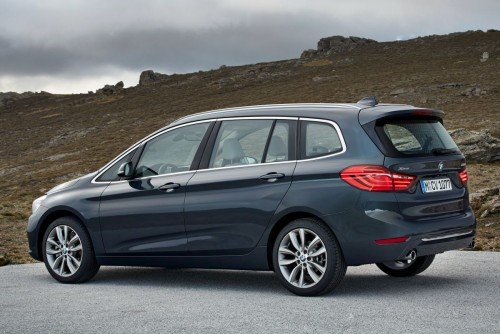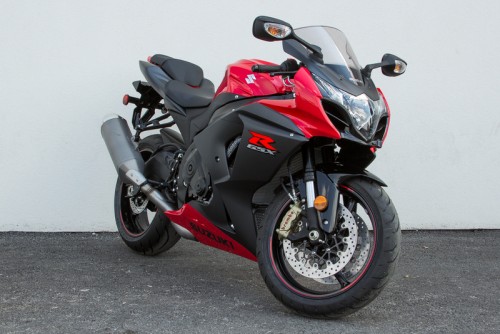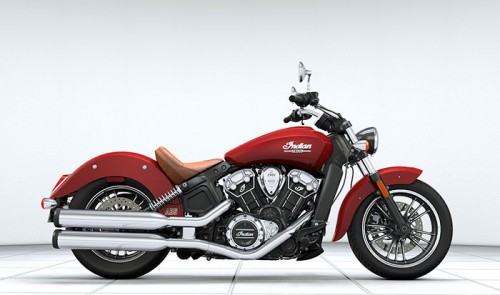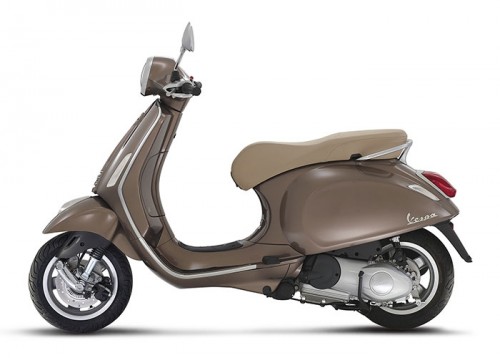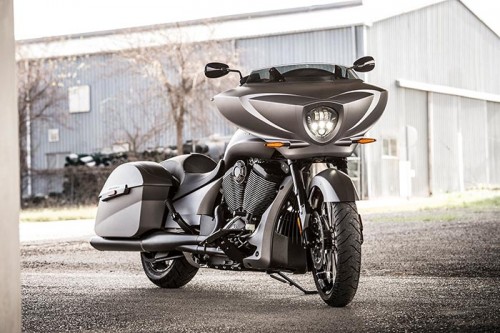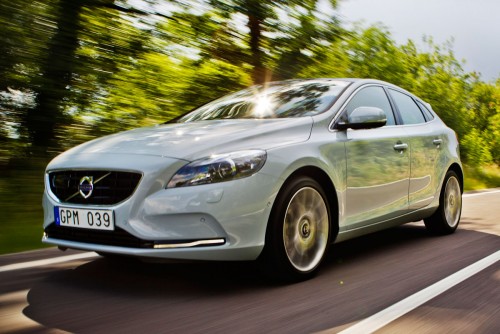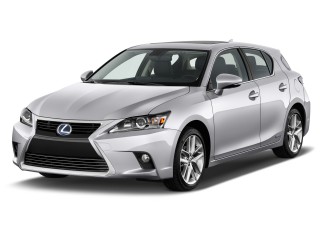About Chrysler
History
Main article: History of Chrysler
The Chrysler company was founded by Walter Chrysler (1875–1940) on June 6, 1925, when the Maxwell Motor Company (est. 1904) was re-organized into the Chrysler Corporation.
Walter Chrysler arrived at the ailing Maxwell-Chalmers company in the early 1920s. He was hired to overhaul the company's troubled operations (after a similar rescue job at the Willys-Overland car company).In late 1923 production of the Chalmers automobile was ended.
In January 1924, Walter Chrysler launched the well-received Chrysler automobile. The Chrysler was a 6-cylinder automobile, designed to provide customers with an advanced, well-engineered car, but at a more affordable price than they might expect. (Elements of this car are traceable to a prototype which had been under development at Willys during Chrysler's tenure).The original 1924 Chrysler included a carburetor air filter, high compression engine, full pressure lubrication, and an oil filter, features absent from most autos at the time.Among the innovations in its early years were the first practical mass-produced four-wheel hydraulic brakes, a system nearly completely engineered by Chrysler with patents assigned to Lockheed, and rubber engine mounts to reduce vibration. Chrysler also developed a wheel with a ridged rim, designed to keep a deflated tire from flying off the wheel. This wheel was eventually adopted by the auto industry worldwide.
Following the introduction of the Chrysler, the Maxwell brand was dropped after the 1925 model year. The new, lower-priced four-cylinder Chryslers introduced for the 1926 year were badge-engineered Maxwells. The advanced engineering and testing that went into Chrysler Corporation cars helped to push the company to the second-place position in U.S. sales by 1936, a position it would last hold in 1949.
Board of directors
- Stephen M. Wolf
- Leo W. Houle
- Erickson N. Perkins
- Ruth J. Simmons
- Alfredo Altavilla
- Sergio Marchionne, Chairman and Chief Executive Officer
- Ronald L. Thompson
- Douglas M. Steenland
- John B. Lanaway
Sales and marketing
Domestic sales
Chrysler is the smallest of the "Big Three" U.S. automakers (Chrysler Group LLC, Ford Motor Company, and General Motors). In 2013 Chrysler sold 1,800,368 vehicles, 9% up from 2012, and fourth largest in sales behind GM, Ford and Toyota.
Chrysler's sales have fluctuated dramatically over the last decade. In 2007 sales reached 2,076,650,falling to 931,402 units in 2009, the company's worst result in decades.
It is reported that Chrysler was heavy on fleet sales in 2010, hitting as high as 56 percent of total sales in February of that year. For the whole year, 38 percent of sales of Chrysler were to fleet customers. The industry average was 19 percent. However, the company hopes to reduce its fleet sales to the industry average in 2011 with a renewed product lineup.
Global sales
Chrysler is the world's 11th largest vehicle manufacturer as ranked by OICA in 2012.Total Chrysler vehicle production was about 2.37 million that year, up from 1.58 million in 2010.
Marketing
Lifetime powertrain warranty
In 2007, Chrysler began to offer vehicle lifetime powertrain warranty for the first registered owner or retail lessee.The deal covered owner or lessee in U.S., Puerto Rico and the Virgin Islands, for 2009 model year vehicles, and 2006, 2007 and 2008 model year vehicles purchased on or after July 26, 2007. Covered vehicles excluded SRT models, Diesel vehicles, Sprinter models, Ram Chassis Cab, Hybrid System components (including transmission), and certain fleet vehicles. The warranty is non-transferable.After Chrysler's restructuring, the warranty program was replaced by five-year/100,000 mile transferrable warranty for 2010 or later vehicles.
"Let's Refuel America"
In 2008, as a response to customer feedback citing the prospect of rising gas prices as a top concern, Chrysler launched the "Let's Refuel America" incentive campaign, which guaranteed new-car buyers a gasoline price of $2.99 for three years.[54] With the U.S. purchase of eligible Chrysler, Jeep and Dodge vehicles, customers could enroll in the program and receive a gas card that immediately lowers their gas price to $2.99 a gallon, and keeps it there for the three years.
"Half Time in America"
Again in 2012, Chrysler advertised during the Super Bowl. Its two-minute February 5, 2012 Super Bowl XLVI advertisement was titled "Half Time in America". The ad drew criticism from several leading U.S. conservatives, who suggested that its messaging implied that President Barack Obama deserved a second term and, as such, was political payback for Obama's support for the federal bailout of the company.Asked about the criticism in a 60 Minutes interview with Steve Kroft, Sergio Marchionne responded "just to rectify the record I paid back the loans at 19.7% Interest. I don't think I committed to do to a commercial on top of that" and characterized the Republican reaction as "unnecessary and out of place".
Slogans
- Engineered to the Power of Cars (1998–2001)
- Drive & Love (2002–2004)
- Inspiration comes standard (2004–2007)
- Engineered Beautifully (2007-mid 2010)
- Imported From Detroit (2011-2013)
- America's Import (2013–present)
Electric and hybrid vehicles
The first electric vehicle produced by Chrysler was the 1992 Dodge EPIC concept minivan. In 1993, Chrysler began to sell a limited-production electric minivan called the TEVan; however only 56 were produced. In 1997, a second generation, called the EPIC, was released. It was discontinued after 1999.
Chrysler owned the Global Electric Motorcars company, building low-speed neighborhood electric vehicles, but sold GEM to Polaris Industries in 2011.
Chrysler intended to pursue new drive concepts through ENVI, an in-house organization formed to focus on electric-drive vehicles and related technologies which was established in September 2007. In August 2009, Chrysler took US$70 million in grants from the U.S. Department of Energy to develop a test fleet of 220 hybrid pickup trucks and minivans. ENVI was disbanded by November 2009.
The first hybrid models, the Chrysler Aspen hybrid and the Dodge Durango hybrid, were discontinued a few months after production in 2008, sharing their GM-designed hybrid technology with GM, Daimler and BMW.
Chrysler is on the Advisory Council of the PHEV Research Center, and undertook a government sponsored demonstration project with Ram and minivan vehicles.
In 2012, Chrysler/Fiat CEO Sergio Marchionne said that Chrysler and Fiat both plan to focus primarily on alternative fuels, such as CNG and diesel, instead of hybrid and electric drivetrains for their consumer products.




 Home
Home






